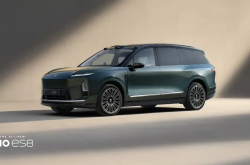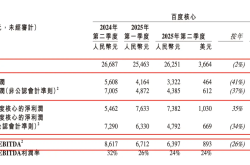"Has the EU's auto tariff policy backfired on itself?
![]() 06/14 2024
06/14 2024
![]() 449
449
Before the tariff measures have even taken effect, the EU is already divided internally, and the once promising carbon neutrality plan now faces an uncertain future.
On June 12, the European Commission suddenly announced that it would impose additional tariffs of up to 38.1% on electric vehicles imported from China. It also stated that if the EU fails to reach a solution through negotiations with China, the temporary tariff measures will take effect from July 4.
Since September 13 last year, when the European Commission announced the initiation of a countervailing investigation into electric vehicles from China, it has finally formed a preliminary opinion after nine months, demonstrating unprecedented efficiency.
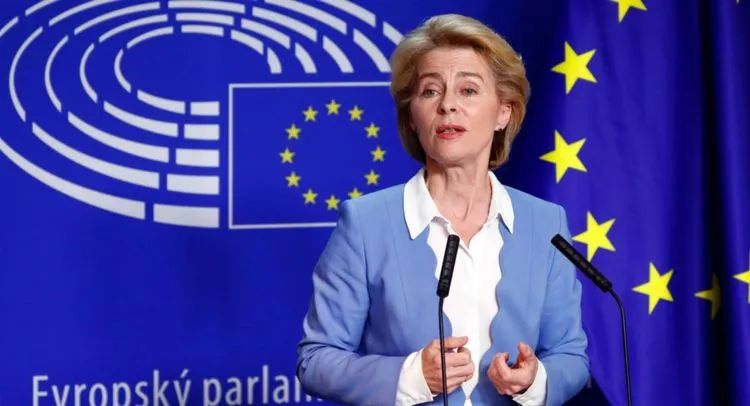
The results of this efficient investigation indicate that the tariffs imposed on three sampled Chinese automakers will be 17.4% for BYD, 20% for Geely, and 38.1% for SAIC Motor Group. Other Chinese automakers will face tariffs ranging from 21% to 38.1%. In total, all 16 Chinese automakers that have sales in the EU will be "sanctioned." Combined with the current 10% tariff imposed by the EU on Chinese electric vehicles, if the plan takes effect, the tariff ceiling will be directly raised to 48.1%.
After China officially became the number one exporter of automobiles in 2023, the EU became the third region after the United States and Turkey to announce tariffs on domestically produced new energy vehicles. However, unlike the first two, there are significant differences in opinions within the EU regarding the tariff issue.
And this announcement is merely a bargaining chip before negotiations.
German automakers were the first to oppose tariff protectionism. Among them, BMW, which was named, issued a statement first. Oliver Zipse, the Chairman of the Board of BMW AG, said, "The European Commission's decision to impose tariffs on Chinese electric vehicles is a mistake. Imposing tariffs will hinder the development of European automakers and also harm Europe's own interests."
He also stated, "Trade protectionism is bound to trigger a chain reaction: responding to tariffs with tariffs and replacing cooperation with isolation. For BMW Group, protectionist measures such as increasing import tariffs cannot help enterprises enhance their global competitiveness. BMW Group firmly supports free trade."
Mercedes-Benz also responded, saying, "Free trade and fair competition will bring prosperity, growth, and innovation to all parties; allowing protectionism to gain momentum will have negative consequences for all stakeholders."
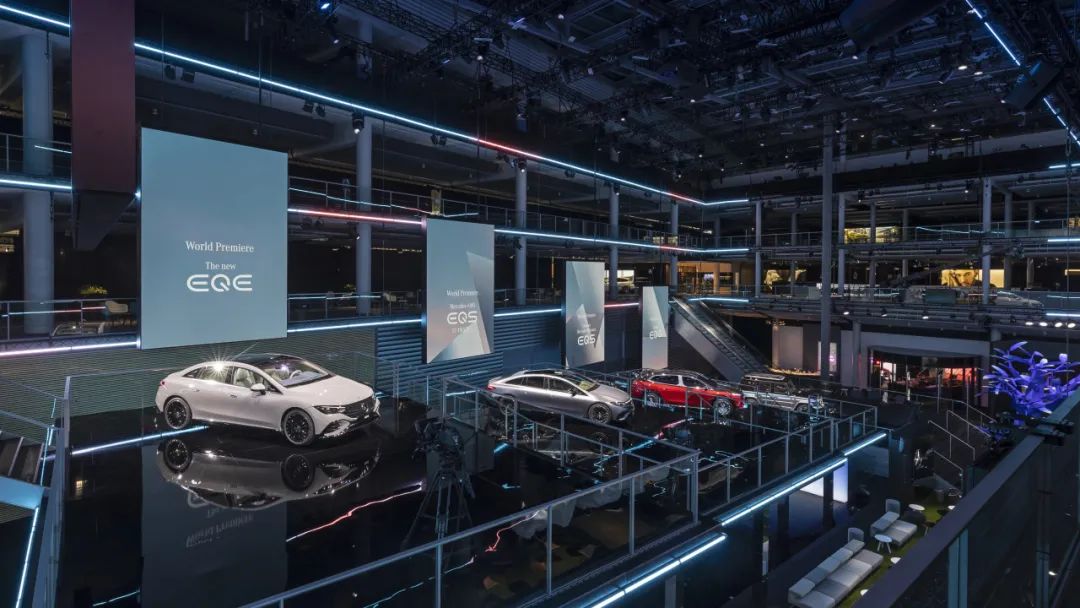
Hildegard Müller, the President of the German Association of the Automotive Industry, represents the views of most German automakers. The measures announced by the EU now will not solve the challenges faced by the European and German automotive industries; on the contrary, the European Commission's intention to impose countervailing duties may quickly have negative effects in the event of a trade conflict.
As German companies that have invested heavily in the Chinese market, they naturally do not want to see a trade war, especially as competition in the Chinese automotive market becomes increasingly fierce. Exporting fuel-powered vehicles to China has become an important part of ensuring corporate profits, offsetting the negative impact of competition to a certain extent.
In fact, even when the bill was still under study, German automakers, which have close ties with Chinese automakers, and the government agencies behind them repeatedly raised objections. They clearly recognize that sanctioning Chinese automakers will also be a blow to their own industry.
Apart from Germany, the Hungarian government was the first EU official body to come out against the tariffs. In a government statement, Nagy Marton, the Minister of National Economy of Hungary, said that Hungary disagreed with the EU's decision to impose tariffs on Chinese electric vehicles. Nagy stated that protectionism is not the solution. Instead, cooperation and free market competition are what is needed.
As one of the few China-friendly countries in the EU, Hungary has always played an important role in the Belt and Road Initiative and is even a bridgehead for Chinese automakers entering Europe. Not only were there direct train routes from China to Hungary in the early days, but now various automakers and battery factories are preparing to invest and build factories in Hungary, making strong opposition understandable.
In addition, Norway, the country with the highest global new energy penetration rate, has also indicated that it will not join the EU in raising tariffs on Chinese electric vehicles.
To a certain extent, the European Commission's announcement does not represent the opinions of all EU countries. Facing this obviously biased temporary proposal, Germany and Hungary, which are most affected, have reacted strongly, while Norway represents the views of many countries without automotive industries but supporting environmental protection.
The continued popularity of new energy vehicles also reflects European consumers' support for environmentally friendly cars to a certain extent. According to EU plans, the sale of new fuel-powered vehicles will be banned in 2035 to achieve carbon neutrality goals. Under this influence, the demand for new energy vehicles continues to expand.
According to statistics, 3.2 million new energy vehicles were sold in the European market in 2023, accounting for about 20% of the global market. Except for Tesla, only 220,000 new energy vehicles exported from the Chinese market to Europe accounted for a small proportion.
It can be said that the influence of Chinese brands in Europe's new energy market is still very limited, even inferior to that of Tesla alone. From this perspective, the European Commission's sudden announcement is merely a follow-up to the US's efforts to hit the Chinese automotive industry, showing loyalty to the Biden administration. However, it is unavoidable that the momentum of Chinese automakers going abroad is constantly growing, and they will inevitably impact Europe's traditional automotive industry in the future.
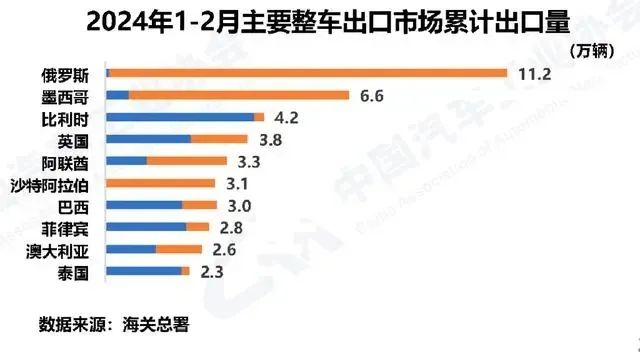
In the past two years, from the Munich Auto Show to the Geneva Auto Show, Chinese brands have demonstrated their unique competitiveness in the new energy vehicle market, showing European consumers the rich diversity of new energy vehicles. On the other hand, during trade frictions, European consumers realized that they were being exploited by local automakers.
From the perspective of the transfer trend in the manufacturing industry, labor-intensive industries like the automotive industry tend to flow to countries and regions with lower labor costs, which has been the case for the past half-century.
Moreover, Chinese new energy automakers are shifting to labor-saving production methods. The widespread use of industrial robots and automated production equipment has reduced the demand for personnel in automobile manufacturing, technically reducing labor costs.
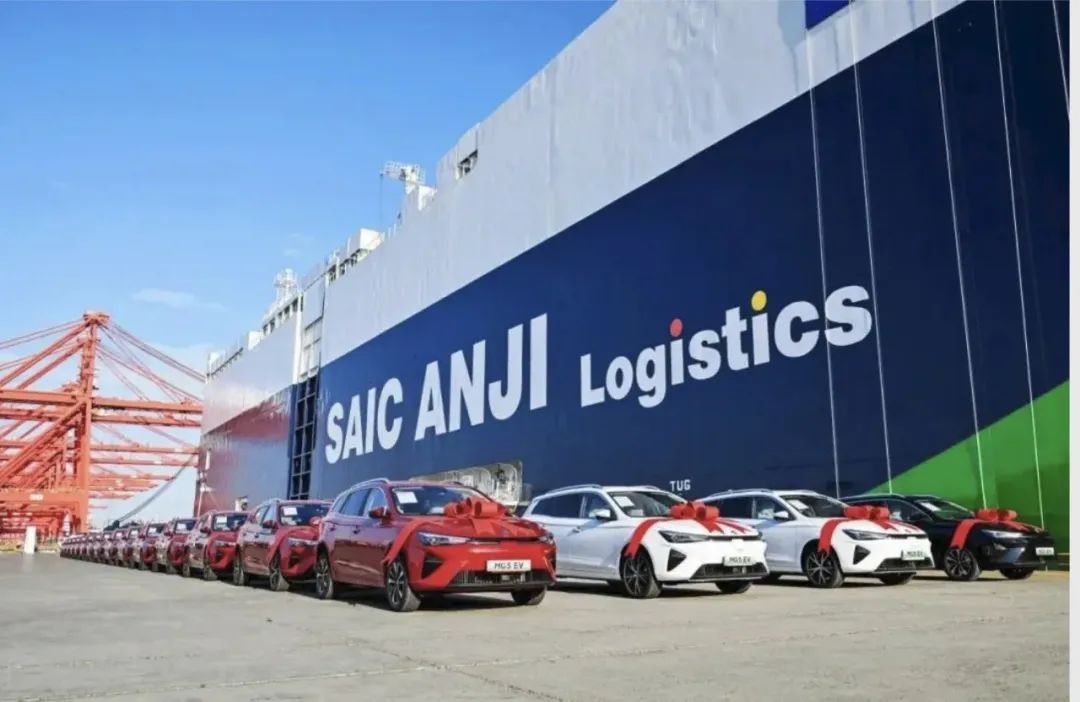
However, many automobile manufacturers in Europe are still using manufacturing processes from five or ten years ago, with significant demand for labor, leading to high production costs.
The lack of competitiveness caused by the complacency of traditional European automakers has led most European automakers to take small steps in the face of the wave of electrification, while Chinese automakers have formed unique product competitiveness through continuous competition.
Even excluding cost advantages, new energy vehicles produced by Chinese brands are superior to European local brands in multiple dimensions, especially in the Chinese market, where foreign brands' new energy vehicles have become marginal products with no advantages.
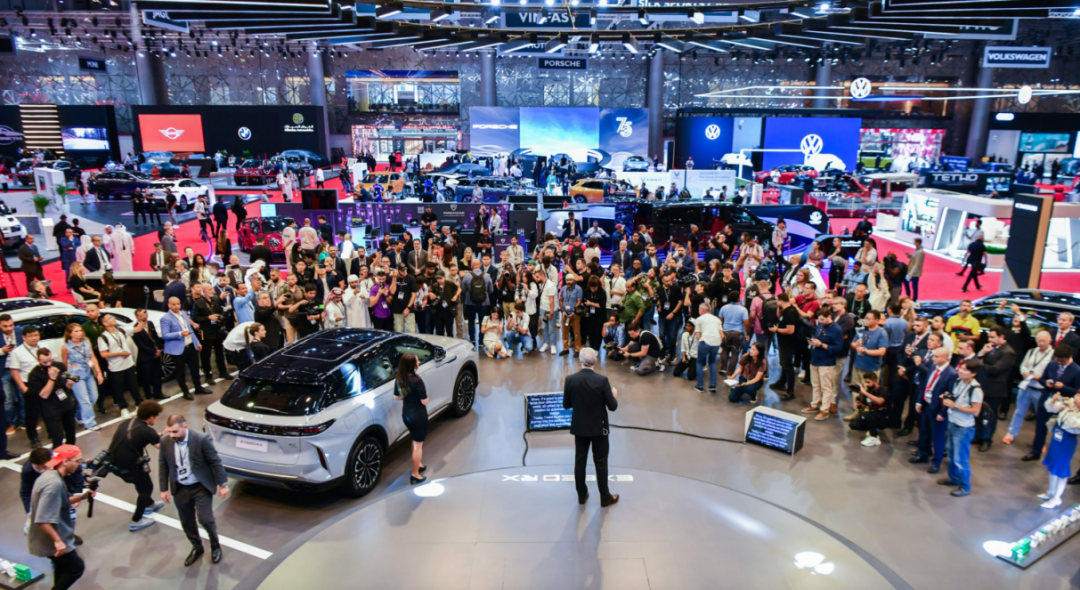
To protect the local automotive industry, the European Commission has begun to make small moves, one of which is to delay the promotion of environmental protection legislation. Regarding the timing of a complete ban on the sale of fuel-powered vehicles, the EU has repeatedly compromised, delaying it from 2030 to 2035, and continuously announcing special orders to give green light to some luxury brands.
Although the European Commission directly stated that increasing tariffs is to protect European trade, in reality, it is likely to repeat the "tragedy" of the photovoltaic industry, leading to a situation where the more China's automakers are limited, the higher their market share will be, ultimately backfiring on the EU itself.
Note: Some images are sourced from the internet. If there is any infringement, please contact us for removal.







